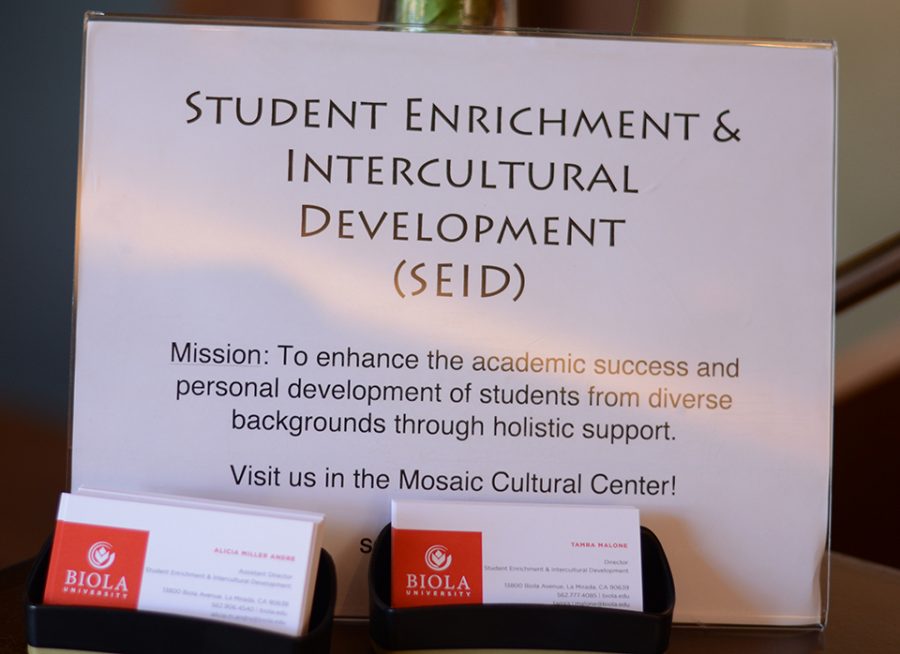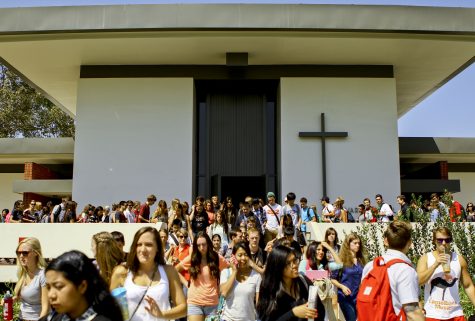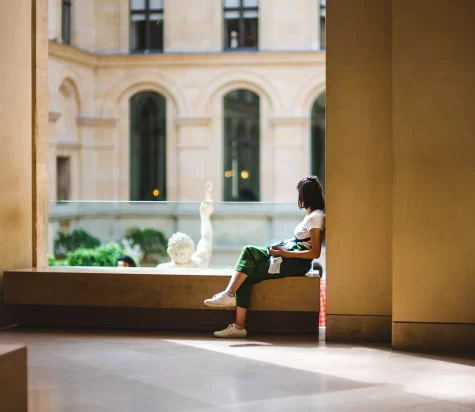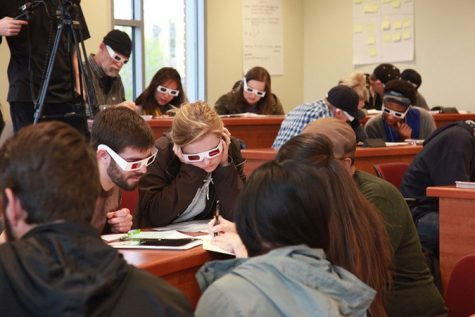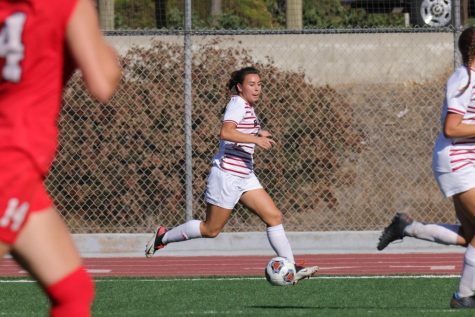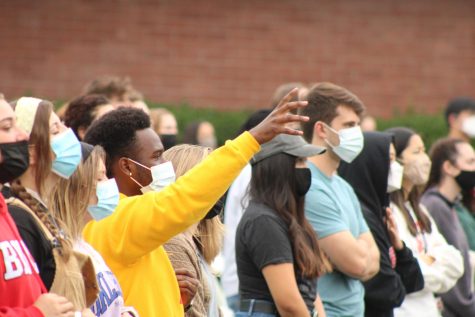Clarity, not disparity
MEPD dismantled with two departments to replace it for a more defined purpose.
October 5, 2016
MEPD performed admirably and accomplished much as a division, but the department has disestablished and its staff have honed in their mission into two new organizations: Student Enrichment and Intercultural Development and the Imago Dei Initiatives.
Enhance Academic Success
While Imago Dei seek ways to train, educate and celebrate with faculty and staff, SEID focuses its efforts on helping students with diverse backgrounds on campus feel cared for and seen. The First Generation Scholars program bridge took place over this summer, the first large and concrete way SEID went about accomplishing their goal.
Tamra Malone, director of SEID, has helped sharpen the goal of the department to aid in the retention of students with diverse backgrounds. While Biola has not historically done well in maintaining a steady influx of such students, with the full SIED staff’s efforts going toward the goal of retention, the institution is likely to see that change.
“It would be really excellent if there was a concentrated effort on training faculty and staff with diversity stuff. So then, SEID’s largely doing a lot of things for students and training, cultural celebration, things of that nature,” Malone said.
Alicia Andre, assistant director of SEID, similarly understands student’s need for nuance and care, interceding to push Biola’s affordability and partnering with various departments to make Biola see the importance of cultivating a diverse campus culture.
“The mission is to enhance the academic success and personal development of students from diverse backgrounds through holistic support,” Andre said, reciting the transcribed mission of the newfound department. “Enabling us to work in this capacity just clarifies what we’re doing and then enables us to think differently and to work out of the box we had been used to before.”
A kind of misunderstanding stands where many faculty, staff and students alike tend to consider Biola’s dedication to diversity on campus focused toward one ethnicity over another. SEID’s mission reaches much further than those considered “diverse” in Christian sub-cultures like Biola.
Word of God reigning in the space
“One misconception is that we only work with students of color. That’s simply not the case. That’s why we say ‘students from diverse backgrounds,’ because it’s not just students of color. Diversity is really so broad it’s much more. It’s not just about race, it’s not just about age. It about person, there’s a lot of different things,” Andre said.
Stewarding and fostering a community which welcomes and celebrates all brands of diversity strikes at the heartstrings of SEID staff and members. The purpose of the department roots itself in inclusion, with the very placement of their office in the Mosaic Cultural Center open for all students to sit, relax, study or converse with all those who found home in welcoming environments like MEPD.
“I’m just mostly excited about getting to work more with students, which I feel like I’ve done over the years informally because of who I am,” Malone said. “So through my different kinds of partnerships, it’s just been a blessing for me to be able to use that again. To help students while they’re at Biola.”
Glen Kinoshita, the director of Imago Dei Initiatives, stresses the significance of the word of God reigning in the space. No attempt from the university to enhance diversity and care for students would succeed without roots in scripture, according to Kinoshita.
“I would say, again, our thinking needs to really shift to the fact that this is deeply rooted in scripture, it’s a crucial element of the kingdom of God. It’s about shalom, and shalom meaning human thriving for all of us. And the good of our institution and the future of our institution, is very much tied to this conversation,” Kinoshita said.


